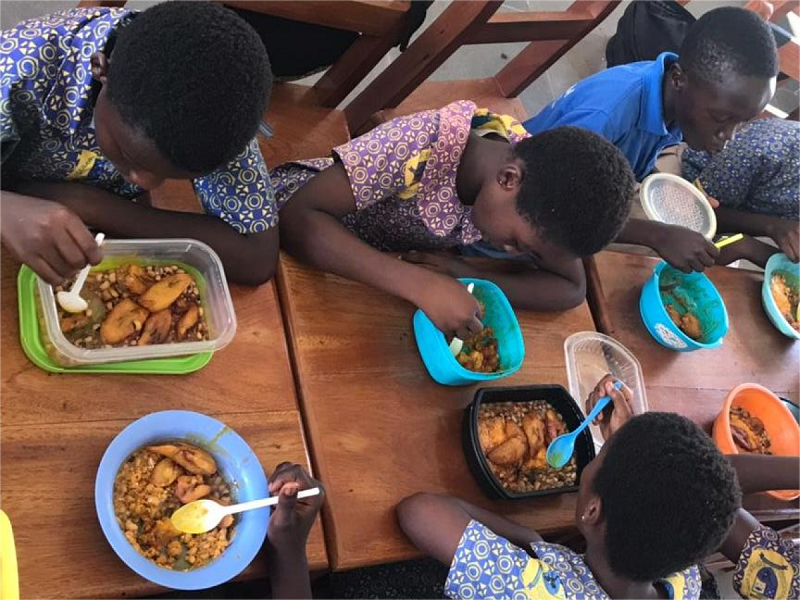Nutrition
Strong Government Leadership: The necessary ingredient in Ghana’s nutrition response

When we hear the word “malnutrition,” we often think of hunger. However, Ghana’s nutrition crisis is more complex and far-reaching than just empty stomachs. Today, thousands of children under five suffer from wasting (six per cent), stunting (18 per cent), and underweight (12 per cent). At the same time, more than 40 per cent of women of reproductive age are anaemic, and diet-related diseases are rising rapidly in urban areas.
What lies at the heart of this complex challenge? According to research, one powerful solution is being overlooked: strong and sustained government leadership.
Ghana already has policies in place, including the National Nutrition Policy, the School Feeding Programme, and Food-Based Dietary Guidelines, among others. However, these frameworks are only as effective as their implementation. Unfortunately, gaps in financing, outdated guidelines, fragmented coordination among ministries, and weak accountability systems continue to undermine progress.
A key opportunity for action lies in the USD 6 million annual pledge Ghana made at the 2025 Nutrition for Growth (N4G) Summit in Paris. This commitment earmarked for essential nutrition commodities like supplements and therapeutic foods must move from pledge to practice. That means establishing a dedicated nutrition budget line, empowering government agencies to coordinate nutrition more effectively across sectors, and ensuring local governments are equipped to deliver nutrition interventions.
Other countries are leading the way. In Kenya, a dedicated parliamentary nutrition caucus is driving reforms. In Peru, legal frameworks protect nutrition budgets from political shifts. Ghana has the technical know-how and the institutional platforms; it now needs the political courage to act.
When the government prioritises nutrition, the ripple effects are enormous: better health outcomes, improved school performance, higher economic productivity, and reduced national health costs.
It’s time to treat nutrition not as a “social issue,” but as a strategic investment in Ghana’s future.
Feature article by Women, Media and Change (WOMEC) under its Nourish Ghana: Advocating for Increased Leadership to Combat Malnutrition project.